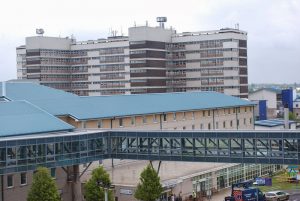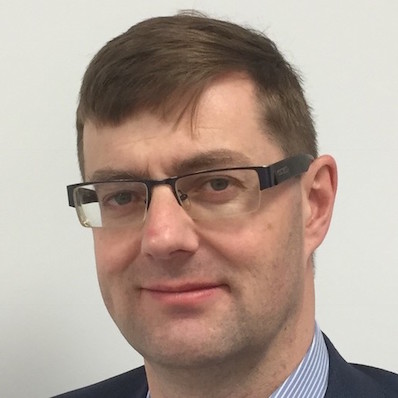Maxillofacial Prosthodontic Training Fellowships
 Liverpool has a great reputation for training in maxillofacial prosthodontics and anaplastology. Our regional head & neck cancer centre serves a population in excess of 2 million people with double the incidence of head & neck cancer compared to the rest of the UK. Our excellent teamwork between surgeons, oncologists, radiologists, pathologists, and maxillofacial prosthodontists provides a foundation for exemplary and innovative patient care. Our many joint clinics and theatre sessions ensures that all aspects of patient care are considered for our head and neck cancer patients and every opportunity is taken to provide effective oral and/or facial rehabilitation where clinically indicated and appropriate. Opportunities to train in maxillofacial prosthodontics, dental oncology with exposure to facial prosthetic rehabilitation are fairly limited in Europe and in Liverpool we have made great efforts to ensure that our international training fellows, post CCST Restorative trainees and visitors to our unit are exposed to the full breadth of work which we undertake. We provide amazing first hand access to our operating theatres for experience and training in pre-prosthetic surgical techniques including the placement of dental, facial and zygomatic implants during primary cancer surgery, immediate prosthetic maxillary obturation, the management of patients requiring mid-face resection and prosthetic rehabilitation, as well as more routine pre-implant surgical techniques such as sinus bone grafting, bone block grafting, keratinised soft tissue reconstructive techniques and the use of conventional and angled dental implantology. Our out-patient clinic facilities are excellent both in University Hospital Aintree and the Liverpool Dental Hospital where the prosthodontic aspects of care are delivered with one to one chaired supervision and teaching. Our trainees are trained in the intricate prosthodontic planning of complex cases as well as the skills required to provide life-changing prostheses for our patients.
Liverpool has a great reputation for training in maxillofacial prosthodontics and anaplastology. Our regional head & neck cancer centre serves a population in excess of 2 million people with double the incidence of head & neck cancer compared to the rest of the UK. Our excellent teamwork between surgeons, oncologists, radiologists, pathologists, and maxillofacial prosthodontists provides a foundation for exemplary and innovative patient care. Our many joint clinics and theatre sessions ensures that all aspects of patient care are considered for our head and neck cancer patients and every opportunity is taken to provide effective oral and/or facial rehabilitation where clinically indicated and appropriate. Opportunities to train in maxillofacial prosthodontics, dental oncology with exposure to facial prosthetic rehabilitation are fairly limited in Europe and in Liverpool we have made great efforts to ensure that our international training fellows, post CCST Restorative trainees and visitors to our unit are exposed to the full breadth of work which we undertake. We provide amazing first hand access to our operating theatres for experience and training in pre-prosthetic surgical techniques including the placement of dental, facial and zygomatic implants during primary cancer surgery, immediate prosthetic maxillary obturation, the management of patients requiring mid-face resection and prosthetic rehabilitation, as well as more routine pre-implant surgical techniques such as sinus bone grafting, bone block grafting, keratinised soft tissue reconstructive techniques and the use of conventional and angled dental implantology. Our out-patient clinic facilities are excellent both in University Hospital Aintree and the Liverpool Dental Hospital where the prosthodontic aspects of care are delivered with one to one chaired supervision and teaching. Our trainees are trained in the intricate prosthodontic planning of complex cases as well as the skills required to provide life-changing prostheses for our patients.
Application Process for Overseas training Fellowship
- Ensure that your host institution (University / Hospital/ sponsor) are prepared to support you financially in the payment of your fees for the fellowship and to support you during your stay in the UK.

- Ensure that you have evidence of the standard of your English (written and spoken) via the IELTS process. Click on the image to the right for more information about the IELTS process. We generally accept candidates who have an overall average score of at least 7.5
- Send your CV to us to be reviewed to check that you meet the clinical requirements for this training post
- Participate in a Skype Interview prior to being offered a place on our maxillofacial prosthodontics training fellowship.
- Subject to confirmation of funding, you will receive a written offer of a place which you can use in registering with the GDC and for help with your Visa (via the Tier 5 process)
